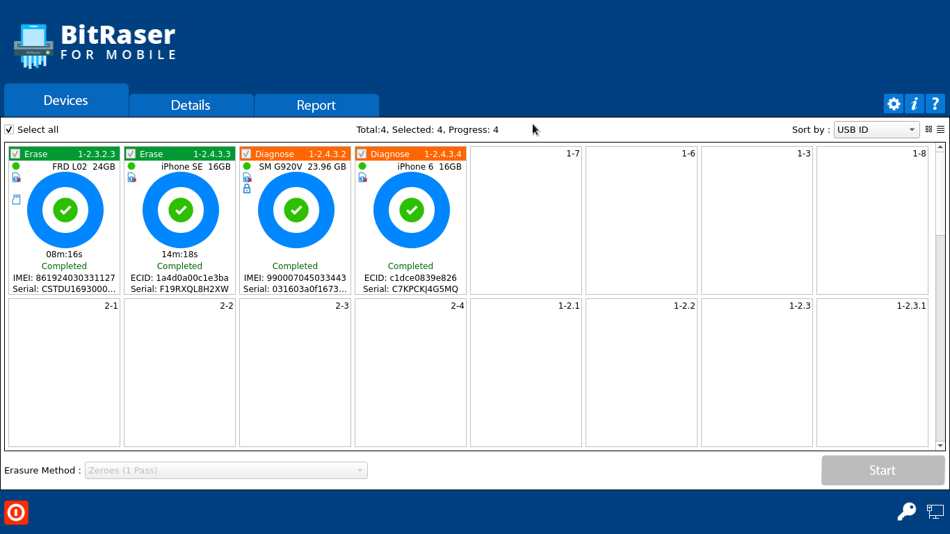

Collaboration on contested or slanted content The implication, per the authors, is that "many contributions are needed to reduce considerable bias and slant to something close to neutral". They further found that "he difference in bias between a pair of articles decreases with more revisions" and, when articles were substantially revised, the difference in bias compared to Britannica was statistically negligible. Entries about immigration trended toward Republican. The authors found that "Wikipedia articles are more slanted towards Democratic views than are Britannica articles, as well as more biased", particularly those focusing on civil rights, corporations, and government. Republican) and to quantify the degree of "bias". politics between Wikipedia (written by an online community) and the matching articles from Encyclopædia Britannica (written by experts) using similar methods as their 2010 study to measure "slant" (Democratic vs. In a more extensive American follow-up to the 2012 study, Do Experts or Collective Intelligence Write with More Bias? Evidence from Encyclopedia Britannica and Wikipedia (2018), Greenstein and Zhu directly compare about 4,000 articles related to U.S. They suggest that articles did not change their bias significantly due to revision, but rather that over time newer articles containing opposite points of view were responsible for centering the average overall. The authors concluded that older articles from the early years of Wikipedia leaned Democratic, whereas those created more recently held more balance. Congress and this lean rating is assigned to a Wikipedia contribution that includes the same key phrase. Each phrase is assigned a slant index based on how often it is used by Democratic vs.
This slant index purports to measure an ideological lean toward either Democratic or Republican based on key phrases within the text such as "war in Iraq", "civil rights", "trade deficit", "economic growth", "illegal immigration" and "border security". politics as of January 2011, measuring their degree of bias on a "slant index" based on a method developed by Matthew Gentzkow and Jesse Shapiro in 2010, to measure bias in newspaper media. In Is Wikipedia Biased? (2012), the authors examined a sample of 28,382 articles related to U.S. politics and the editors that work on them to identify aspects of ideological bias within its collective intelligence. Shane Greenstein and Feng Zhu of the Harvard Business School have authored several studies examining Wikipedia articles related to U.S. 2.3 Japanese Wikipedia and historical revisionismĪnalyses Bias in content in relation to U.S.2.2 Croatian Wikipedia and right-wing bias.

1.2 Collaboration on contested or slanted content.1.1 Bias in content in relation to U.S.

Collectively, findings show that Wikipedia articles edited by large numbers of editors with opposing ideological views are at least as neutral as other similar sources, but articles with smaller edit volumes by fewer-or more ideologically homogeneous-contributors are more likely to reflect an editorial bias. Wikipedia has an internal policy which states that articles must be written from a neutral point of view, which means representing fairly, proportionately, and, as far as possible, without editorial bias, all of the significant points of view that have been verifiably published by reliable sources on a topic. Questions relate to whether its content is biased due to the political, religious, or other ideology of its volunteer editors, and the effects this may have on the encyclopedia's reliability.
#WIKIPEDIA BITRASER FREE#
Real or perceived ideological bias on the free online encyclopedia Wikipedia, especially on its English-language edition, has been a frequent subject of academic analysis and public criticism of the project. Analysis of claims of ideological bias on Wikipedia


 0 kommentar(er)
0 kommentar(er)
